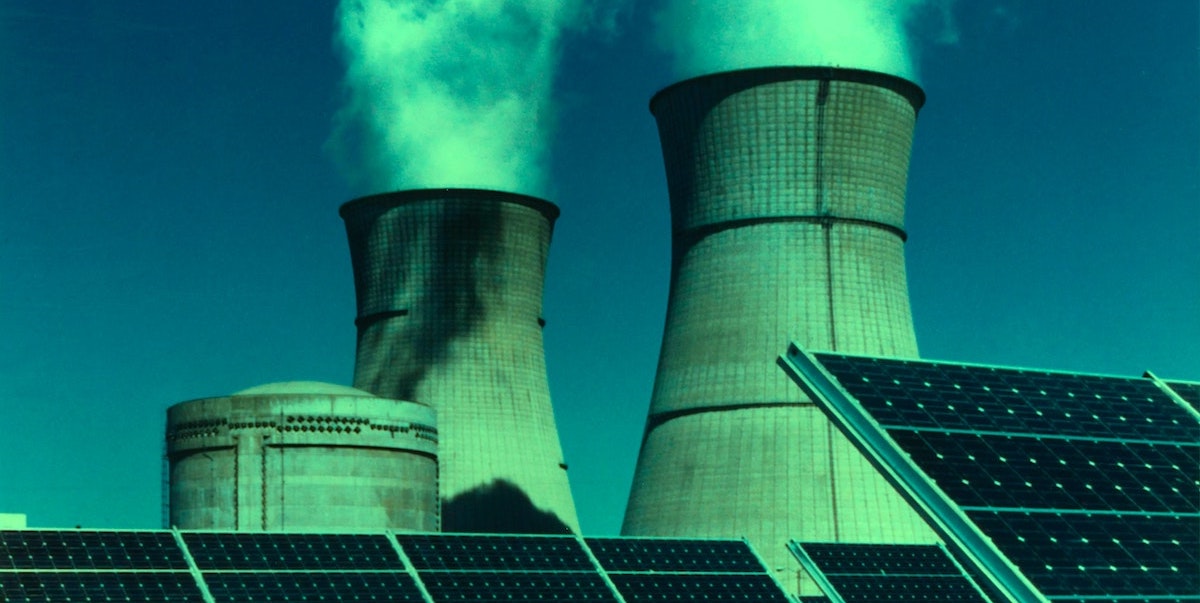The year 2021 is crucial in defining the pathways to the ambitious targets set for the sector. The year also marks the beginning of the fourth decade of electricity reforms since the sector was opened to private investment in 1991. How COVID-19 might impact India’s renewable energy transition ?

Why we need to Upskill and Reskill in Energy Sector ?
The pandemic has impacted everyone, amplifying and accelerating some of the biggest challenges in our society, and demonstrating the urgent need for systemic change for reskilling workforce.
Businesses are faced with continuous budgeting challenges with costs quickly adding up at the end of every month. A large proportion of these costs can be attributed by the electricity used for operations which are widely unknown by many businesses.
If you look at the last 100 years, we’ve seen energy demand grow around two to three percent per year, very much in line with global economic growth. Going forward, though, we see a delinking or decoupling of energy demand growth and economic growth.While we see the economy continuing to grow at a fairly steady pace, we see energy demand decelerating quite significantly.
Energy intensity is decreasing, renewables are gaining, and new efficiencies are on the way. More opportunities and harder choices are approaching, many of them rapidly. Regulatory responses to emissions challenges may well have an impact on energy costs and could especially affect balance sheets in carbon-intense industries.
It’s important that we are prepared for such an eventuality, with programmes that reflect the changing dynamics and that will ensure our continued ability to upskill and reskill, as required.
A commitment to learning and development is all part of what being a professional means in the modern world. With the right training mix, organizations can attract and retain their best employees, responsible for delivering one of the most in-demand, global resources.
Original Post


